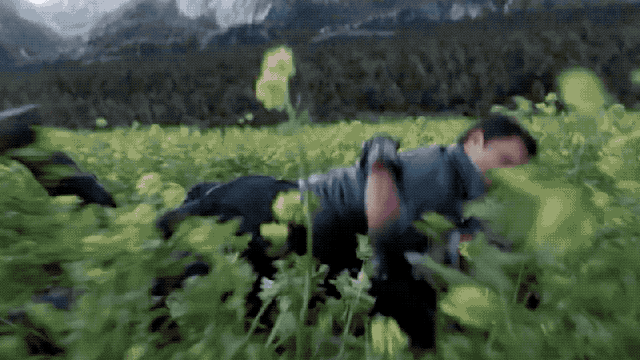Though The Falcon and the Winter Soldier has come and gone, the show is back in the news again following yet another perplexing interview. This time actor Anthony Mackie, who shared some thoughts about fans who were disappointed to learn that Sam Wilson and Bucky Barnes don’t see it for one another, romantically.
Speaking to Variety about the significance of Sam becoming the MCU’s new Captain America, and about his view on why some of The Falcon and the Winter Soldier’s fans were holding onto the hope that the show’s two leading characters might be queer, Mackie pointed to the “exploitation of homosexuality,” a phrase that can be interpreted in a handful of different ways.
“It used to be guys can be friends, we can hang out, and it was cool,” Mackie said. “You would always meet your friends at the bar, you know. You can’t do that anymore, because something as pure and beautiful as homosexuality has been exploited by people who are trying to rationalize themselves.”
There’s a lot to unpack in that statement, but what Mackie appeared to be stumbling over was the complicated reality that the entertainment industry has “exploited” homosexuality in the sense that studios like Marvel have spent years telling audiences to wait for queer representation only to ultimately deliver the barest minimum. In the absence of actual queer characters being spotlighted in one of the world’s biggest cinematic franchises, people do often read and project themselves into the subtext of these stories, because that’s a normal part of how all people consume entertainment.
What was truly odd about Mackie’s interview, though, was his pointing to the “Striking Vipers” episode of Black Mirror as another example of platonic male friendships that audiences read incorrectly. We won’t spoil “Striking Vipers” here, but suffice to say that it’s the sort of story Alfred Kinsey would have quite a bit to say about. The thing is, there are plenty of actual depictions of platonic camaraderie between straight dudes just being dudes together while a bunch of things not directly related to their dude-ness happen around them. The Falcon and the Winter Soldier is one of those stories, yes, but here are a few recent others to reference the next time someone has the audacity to bemoan why there aren’t more straight men on TV and in films.
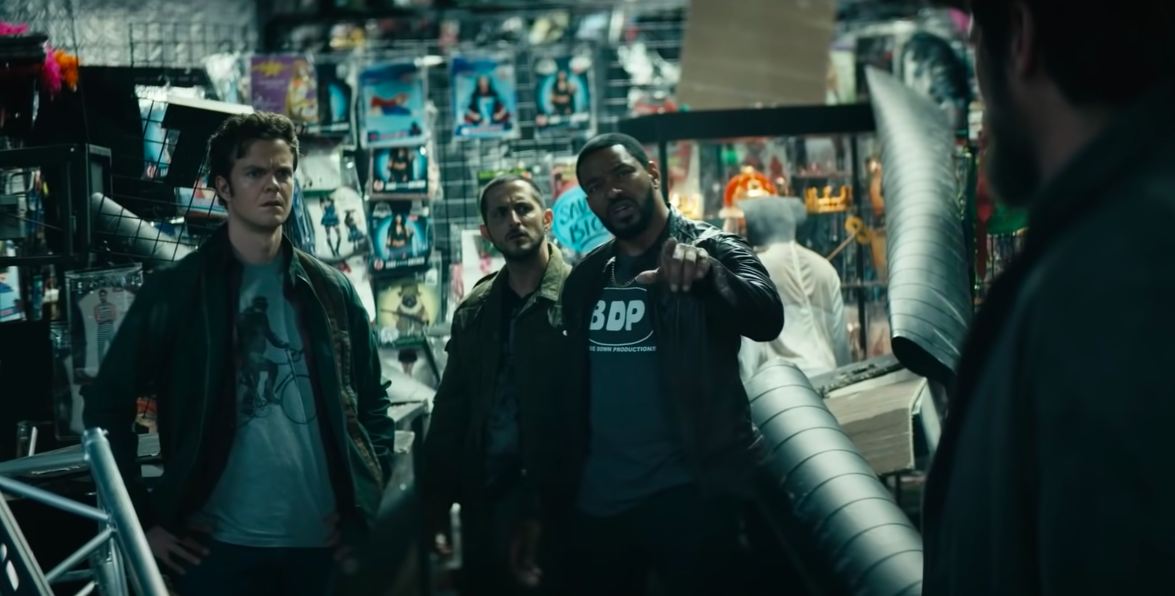
Wee Hughie and the Boys (The Boys)
Though The Boys is mostly about a bunch of social misfits working together to take down a megalomaniac corporation, it’s also about a bunch of men (and the one mostly-mute woman in the bunch) hanging out and reveling in one another’s rowdiness. To Hughie Billy Butcher, Frenchie, and Mother’s Milk aren’t just his friends, they become his family and give him the kind of strength necessary to survive in a world full of superpowered psychopaths.
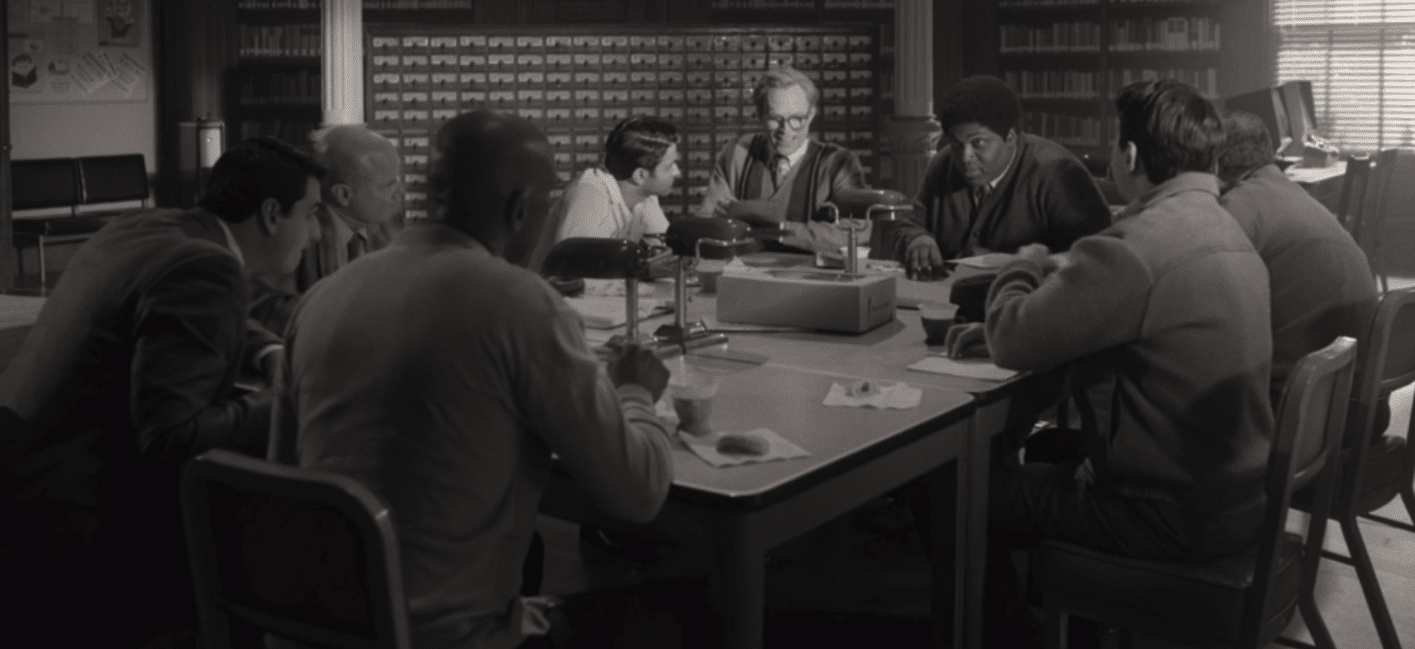
Vision and the Men of Westview (WandaVision)
Much as Vision loved his wife Wanda, in his role as the Synthezoid Man-of-the-House in WandaVision, he spent much of his time in Westview hanging out with his male neighbours as they trimmed their hedges, met for neighbourhood watches, and tried to escape the town.
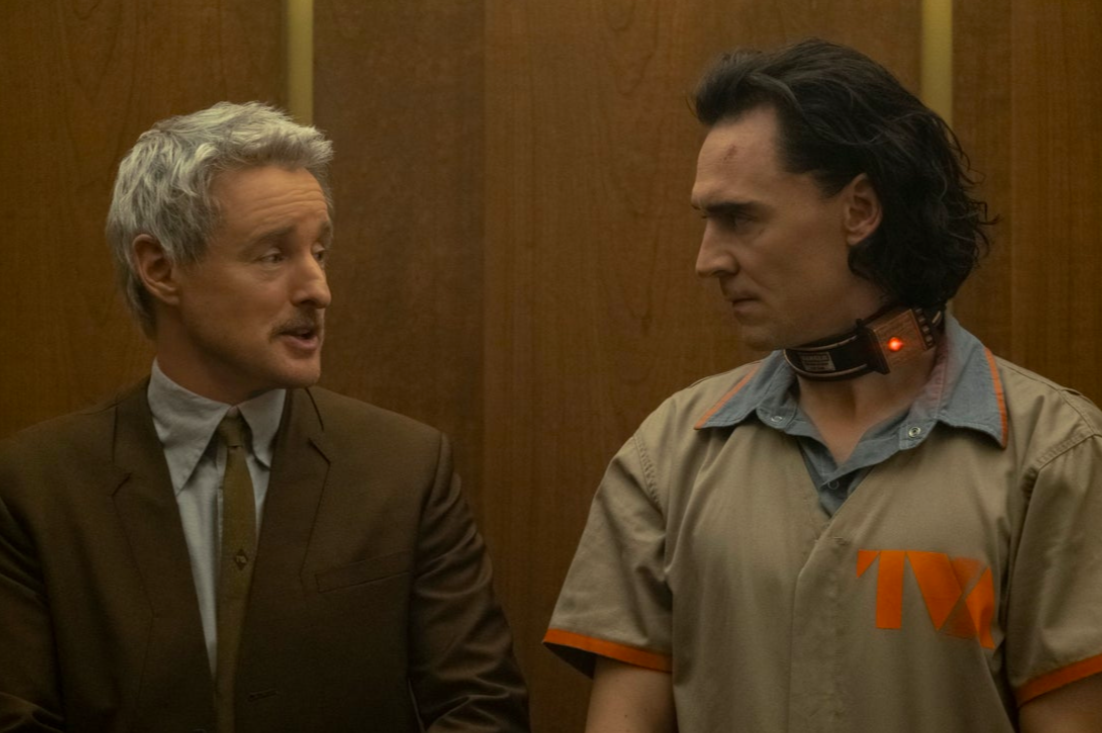
Mobius M. Mobius and Loki Laufeyson (Loki)
Though The Falcon and the Winter Soldier never quite manage to become the buddy cop show it wanted to be, Loki got there almost immediately by aping the narrative beats of many crime procedurals, and featuring an emotional confrontation between Mobius M. Mobius and Loki. Mobius knows Loki belongs in time jail, and that he’ll probably kill people again, and might destroy the universe in the process. But Mobius just can’t help but want to give the trickster god a hug and a second chance and turning a new leaf, because that’s what bros do for one another.
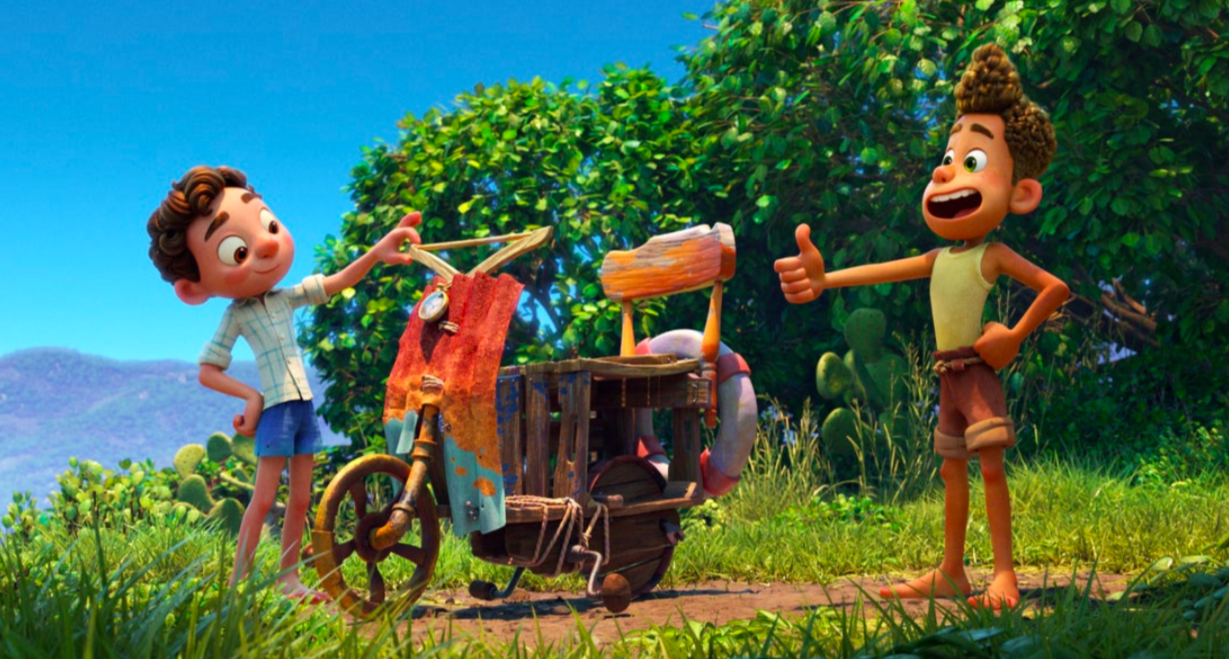
Luca and Alberto (Luca)
Luca is an excellent example of how a movie that has all the makings of being an age-appropriate, touching story about young queer people first discovering their identities can actually just be about a pair of European sea monsters who speak some Italian. Tale as old as time.
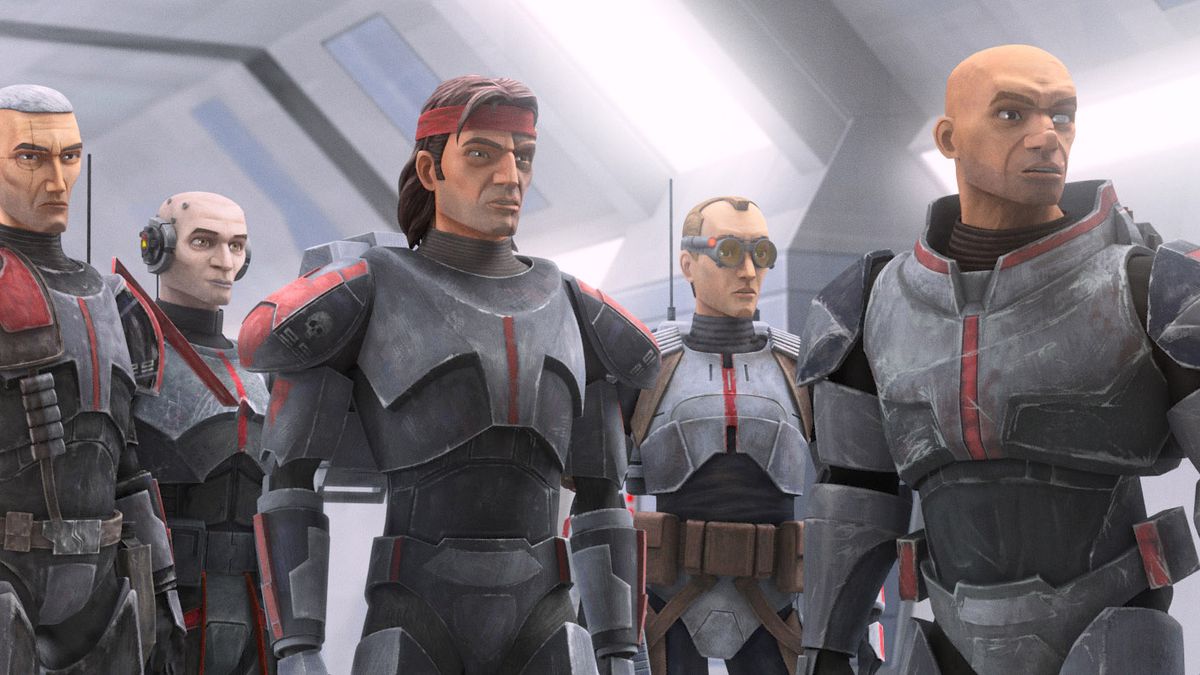
The Bad Batch (The Bad Batch)
While The Bad Batch’s clones don’t always get along with one another, they do depend on one another to survive in a galaxy where their specific kind (see: unique dudes, and Omega) face threats on all sides.
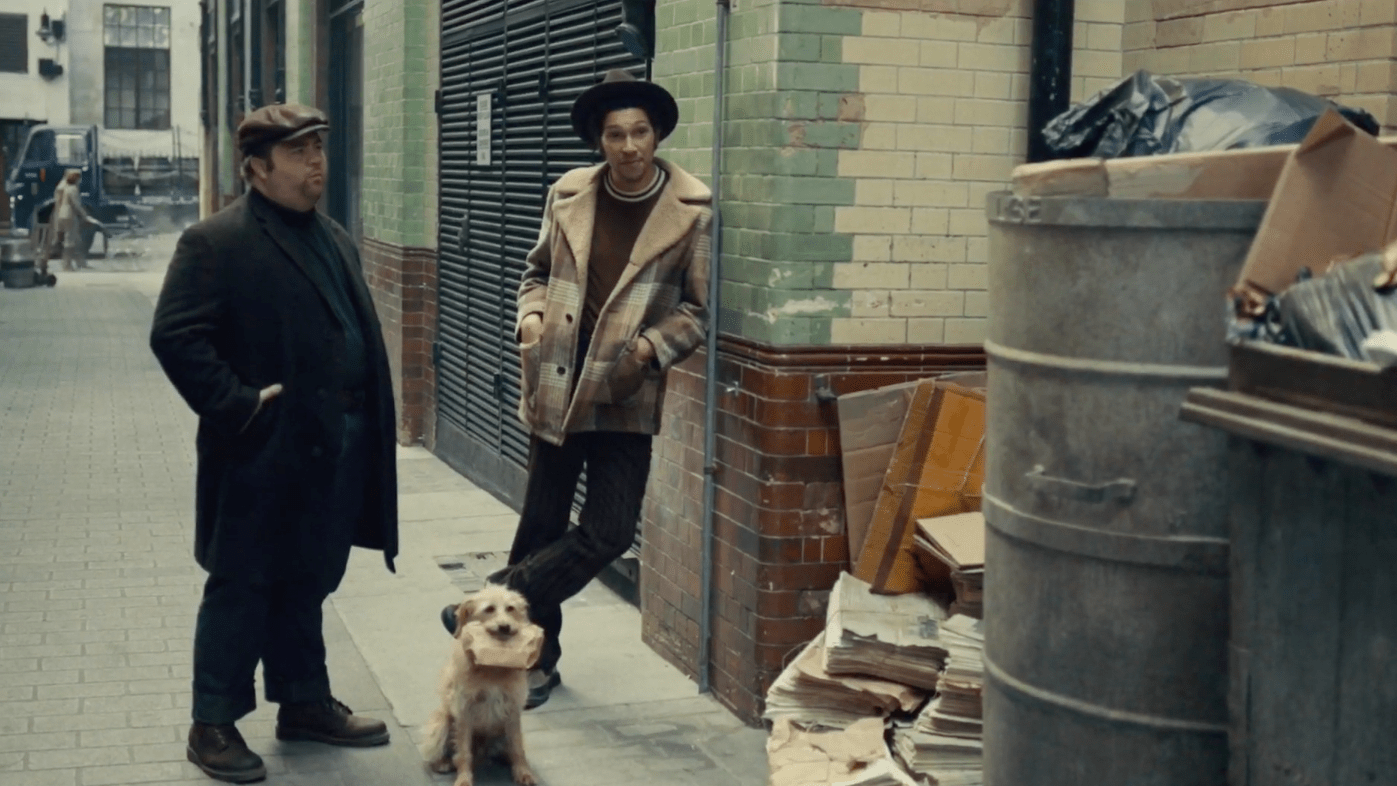
Horace and Jasper (Cruella)
Even after Cruella de Vil blows into their lives in Disney’s new live-action Cruella, Horace and Jasper still hold onto their childhood friendship that first brought them together as young orphans trying to survive on the street. Welcoming Cruella into their group certainly changes their dynamics to a certain extent, but as she becomes their domineering boss, and they her henchmen, their bond is made that much stronger. Platonically.

Godzilla vs. Kong (Godzilla vs. Kong)
Godzilla vs. Kong can very easily be read as a film about two larger-than-live masculine presences clashing in a way that threatens the entire planet until a new unknown threat emerges that forces the creatures to set aside their differences and work together. Even if you’re not inclined to interpret the film that way, it’s also very purposefully presented as such.
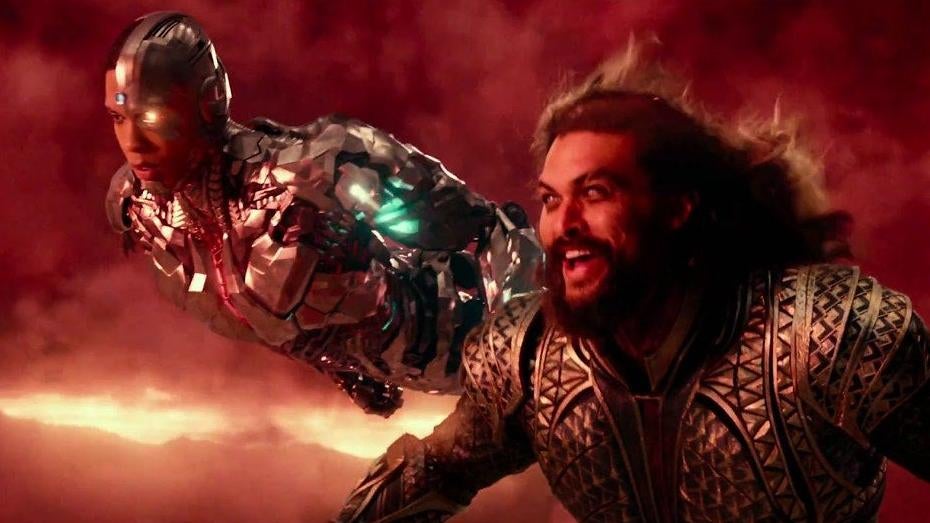
Cyborg and Aquaman (Zack Snyder’s Justice League)
This one should be self-explanatory, to be honest.
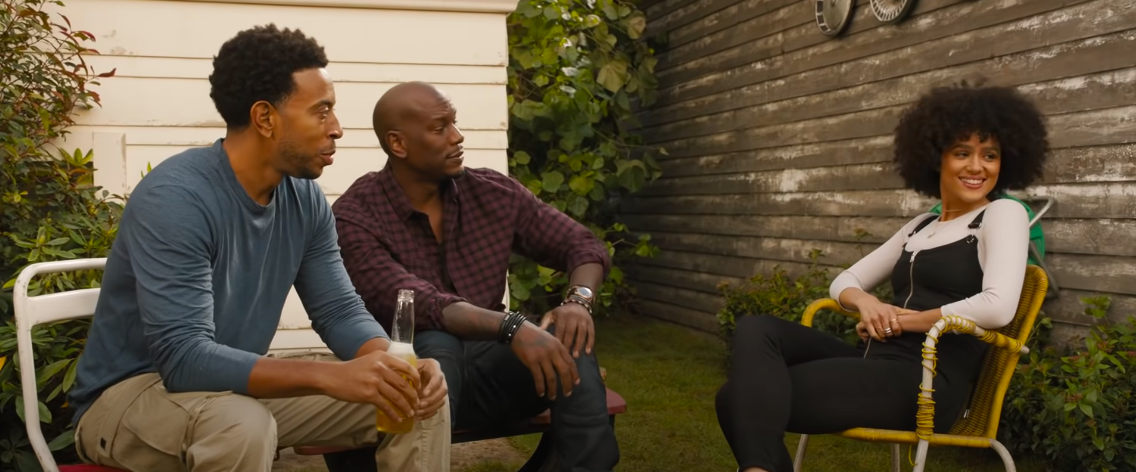
Edwin and Roman (The Fast & Furious franchise)
In nearly every Fast & Furious movie they’ve appeared in together, Edwin and Roman have not missed an opportunity to get in a few brutal digs at each other, of a deep and abiding love for one another that only ever reads as platonic. It’s the sort of energy that bond’s the franchise’s entire Family together, but it’s by far the strongest between these two.
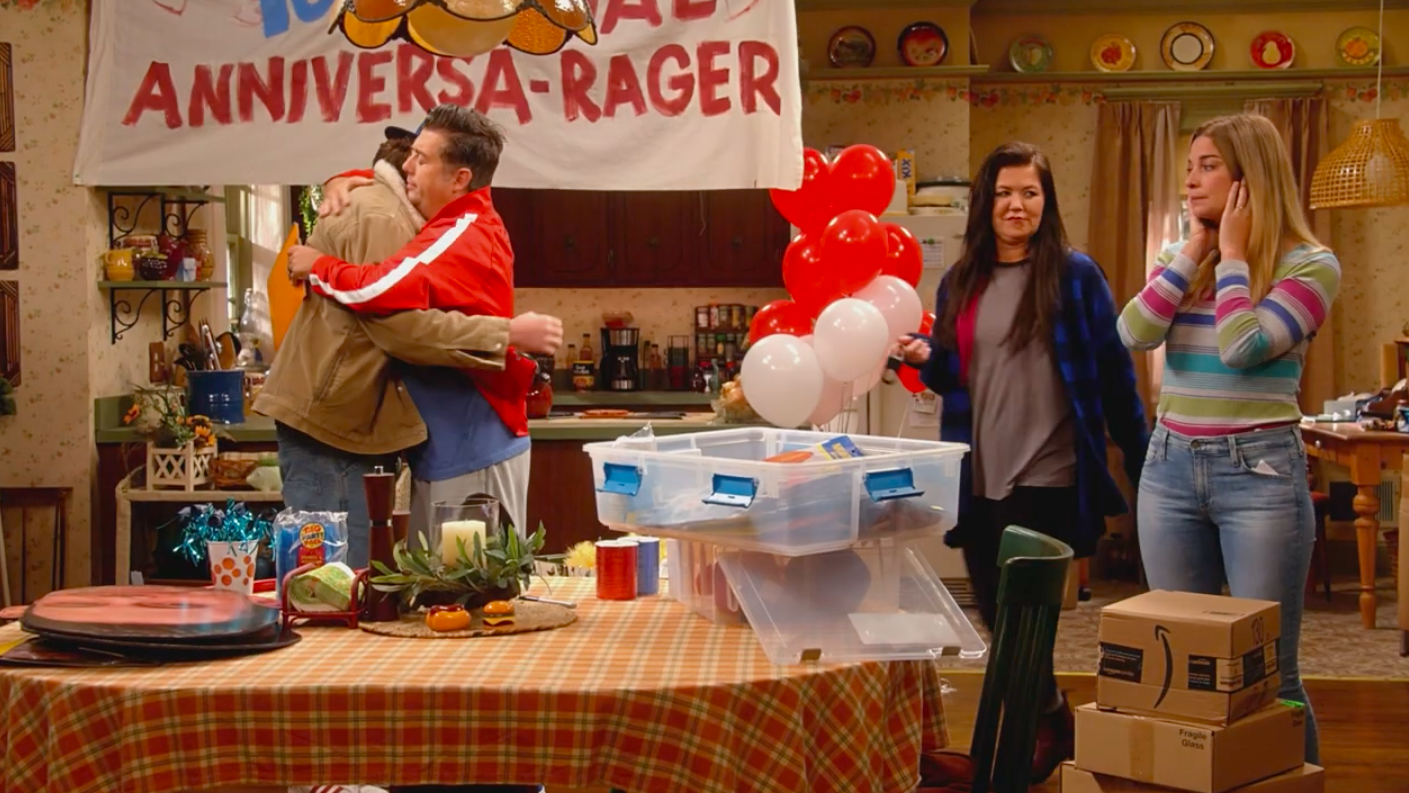
Kevin and Neil (Kevin Can F Himself)
Even though Kevin Can F Himself is about Allison struggling to break free from the stifling sitcom reality that seems to follow her husband Kevin around, Kevin and his best friend Neil’s brotherly affection for one another is one of the more important parts of the show’s subplot. Often within Kevin Can F Himself’s sitcom bubble, it’s Neil and Kevin’s antics that end up causing the chaos that seep over into Allison’s life. Neither Kevin nor Neil can be bothered to worry about how their actions affect others, though, because they’re just having too much damned fun together, as buds do.
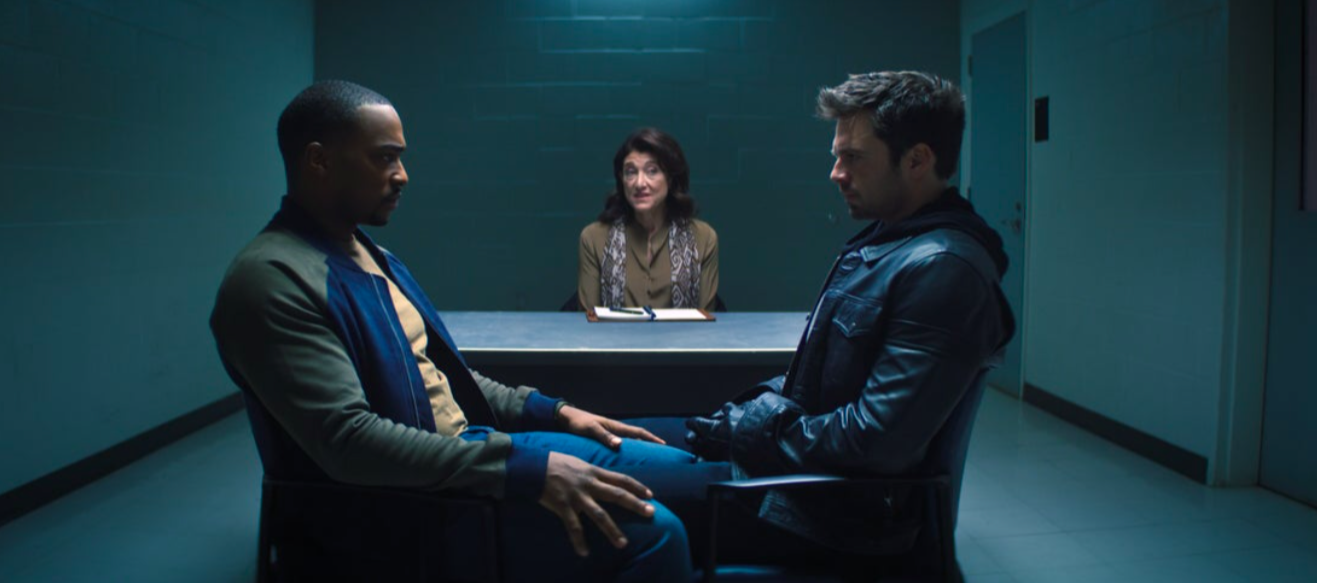
Suffice to say that there’s a broad range of depictions of straight men enjoying one another’s company with nary a suggestion of any romance or sexual experimentation in sight. That has always been the case, and it will likely always be the case, which is precisely why it’s so strange whenever people act as the small amount of industry progress that’s been made towards putting more queer stories on-screen is “enough.”
